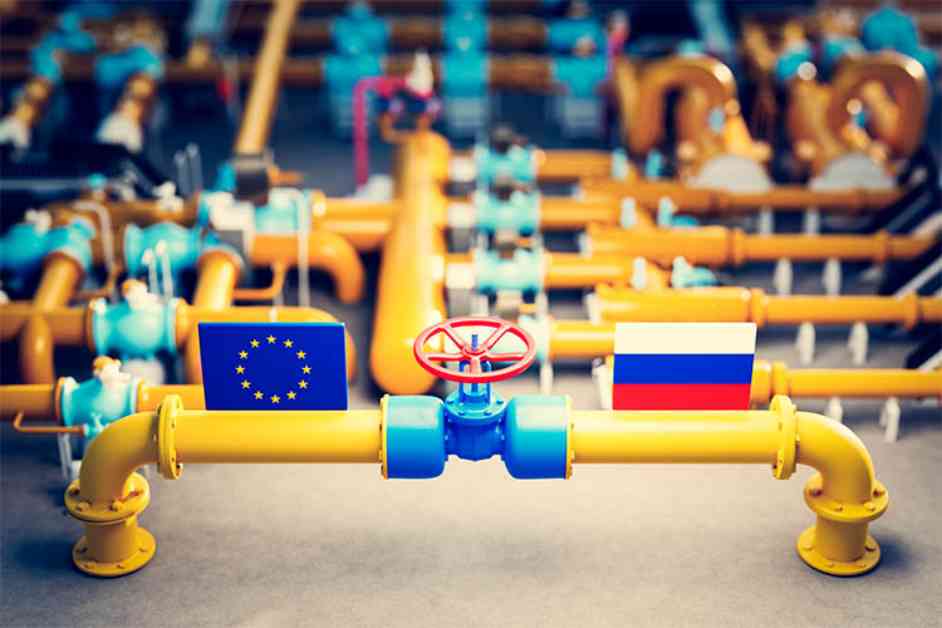Hungary Threatens to Veto Ukraine’s EU Bid Over Russian Gas Dispute
Hungary’s Foreign Minister Peter Szijjarto has thrown a curveball in Ukraine’s European Union accession process, hinting at a potential veto that could halt Ukraine’s dreams of joining the EU. This move comes in the wake of escalating tensions between the two nations following Ukraine’s decision to halt Russian gas transit, citing national security interests amid Russia’s ongoing aggression.
Ukraine’s Bold Move: Halting Russian Gas Transit
On January 1, 2025, Ukraine made a bold move by stopping the transit of Russian gas through its territory, sending shockwaves through European energy markets. The White House labeled this decision as a significant blow to Moscow, estimated to cost Russia a whopping $6.5 billion in annual revenue from European gas sales. This move not only impacted Russia but also raised concerns in neighboring countries like Slovakia and Hungary, which heavily depend on Russian gas imports.
The Diplomatic Standoff: Hungary’s Threats and Ukraine’s Response
Hungary’s Foreign Minister Peter Szijjarto did not mince words when he hinted at Hungary’s potential veto on Ukraine’s EU accession bid. Szijjarto criticized Ukraine for its aggressive reaction to rising gas prices post the gas transit shutdown. He also highlighted a new parliamentary bill aimed at blocking Russian oil and gas routes during wartime, further complicating the situation.
In response, Ukraine’s Ministry of Foreign Affairs accused Russia of using energy resources as a political tool, labeling Russia’s invasion as an “existential threat to stability and peace on the European continent.” The MFA also pointed out Hungary’s continued reliance on Russian energy, contrasting it with other EU member states that have successfully diversified their energy sources.
A Closer Look: The Energy Dispute and EU Integration Expectations
The ongoing energy dispute between Hungary and Ukraine takes place against the backdrop of Hungary’s energy ties with Russia. Despite the EU’s unified stance on supporting Ukraine, Hungary’s recent actions have raised eyebrows. Slovak Prime Minister Robert Fico also joined the fray, threatening Ukraine with potential cuts to electricity exports and reduced support for Ukrainian refugees due to the Russian gas transit ban.
As the diplomatic tension escalates, the question remains – will Hungary follow through on its threat to block Ukraine’s EU bid, or will both nations find common ground amidst a changing European energy landscape? The future of Ukraine’s EU aspirations hangs in the balance, with energy politics taking center stage in this high-stakes diplomatic showdown.

















